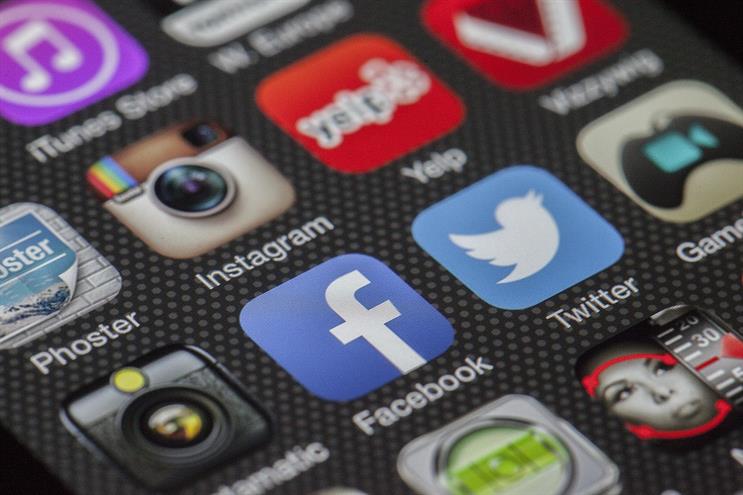"All of the biggest technological inventions created by man - the airplane, the automobile, the computer - says little about his intelligence, but speaks volumes about his laziness." - US politician Mark Kennedy
Technology is designed to get rid of hassle. That’s the long and short of it. By removing as many steps as possible that take us from thinking of doing something to actually completing that task, a good technological invention will win out.
Last month marked half a century since cash machines first adorned our high streets. We watched news footage from 1967 that celebrated all the time ordinary people would save queuing in the bank thanks to this hole in the wall.
That said, no tech survives if it creates a net increase in faff, or crosses the line to becoming overly technical. Can you remember how long ago the teasmaid was invented? No. And that’s because it is Bad Tech.
Most tech loses novelty very quickly. The irony is that whilst it puts the consumer in control, that control itself demands a degree of effort, which is mostly what people don’t want.
For example, those that once predicted the death of TV ignored that people mostly just want to ‘put something on’, because thinking about what you want to watch and looking for it is a bit of a faff. Yes I know this is a hackneyed analogy but a great example of how very often common sense only seems to resurface when the fuss around new tech has died down.
In marketing we see this too. We all know too much choice creates inertia. Having to choose is, well, a faff. Many consumers would rather not have to and yet we still strive to get consumers to ‘consider or prefer’.
We interrupted people - ‘hey, we’re cool, keep us in mind’ - but as the audience skipped us, we aimed to engage - ‘hey, let’s share some quality time’ - but we’re ignoring the fact that actually people just want stuff when they need it.
This is becoming more and more important as technology slowly liberates the consumer from consumerism, where a dash button, connected fridge, intelligent speaker or subscription enables consumers to give the control they currently enjoy over to algorithms.
As this happens our need for data will be profound, but using it for targeting the consumer will perhaps become redundant, as we won’t be talking to people anymore. Their machines will make decisions, they will embrace this convenience.
If we continue along this path, businesses that survive will not be the ones that follow the consumer journey but short-cut it, evolving data strategies to retention and innovation that lock in consumer behaviour rather than following it.
But if they are to thrive, businesses need to get back to influencing the consumer behaviour in the first place, to change the signals to which the algorithms respond. And this means reinvesting in good brand experience.
Few brands hold much meaning to modern consumers. The ones they do have affinity with balance immediacy and experience; their product delivery is their brand.
Netflix – we have the TV we want, when we want it, giving a great evening’s quality entertainment
Amazon – we barely have to shop now, we can just press a button or say what we need and it’s here, tomorrow
Facebook – we can share good times with friends without the faff of a proper conversation every time
And so on.
And this is fundamentally where the role for media agencies will focus: Machines increasingly doing the grunt work on the data side - and increasingly doing it better and more transparently. Media will thrive where it sits at the intersection of brand experience – as shown in the examples above.
And for that you need more than a data strategy, you need something for the data strategy to serve. And you need more than the ability to create in media, you need an approach that allows you to innovate in media. It’s about ideas, not tech. Bad tech just makes problems worse.
While behavioral signals can give us insight into what this should be, it is the ability to break the patterns rather than adhere to them that is key.
Imagination is required to create meaningful connections that serve a genuine human need, and this is rarely a technological novelty but often the constancy of our laziness.
Stuart Butler is chief strategy officer at Havas Media


